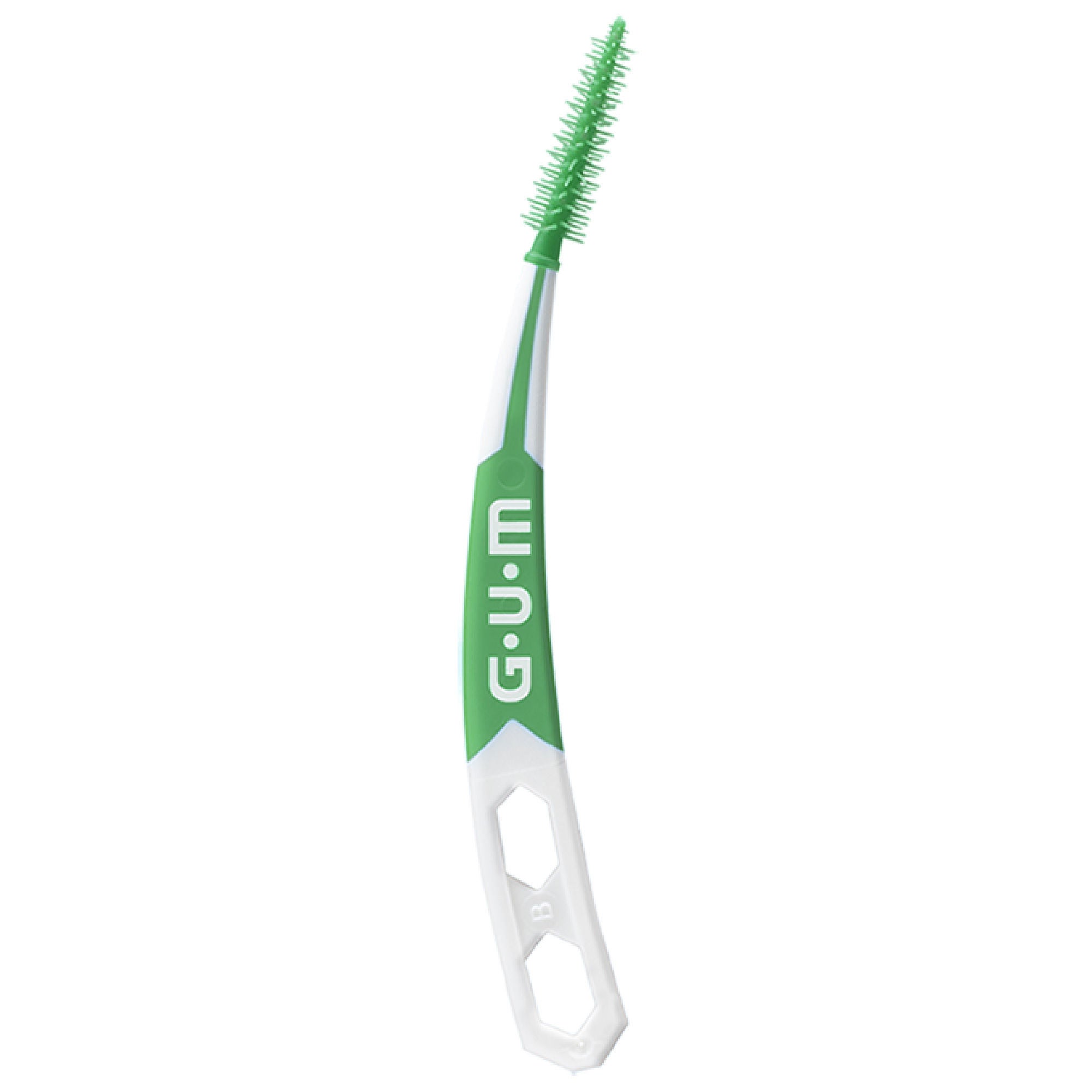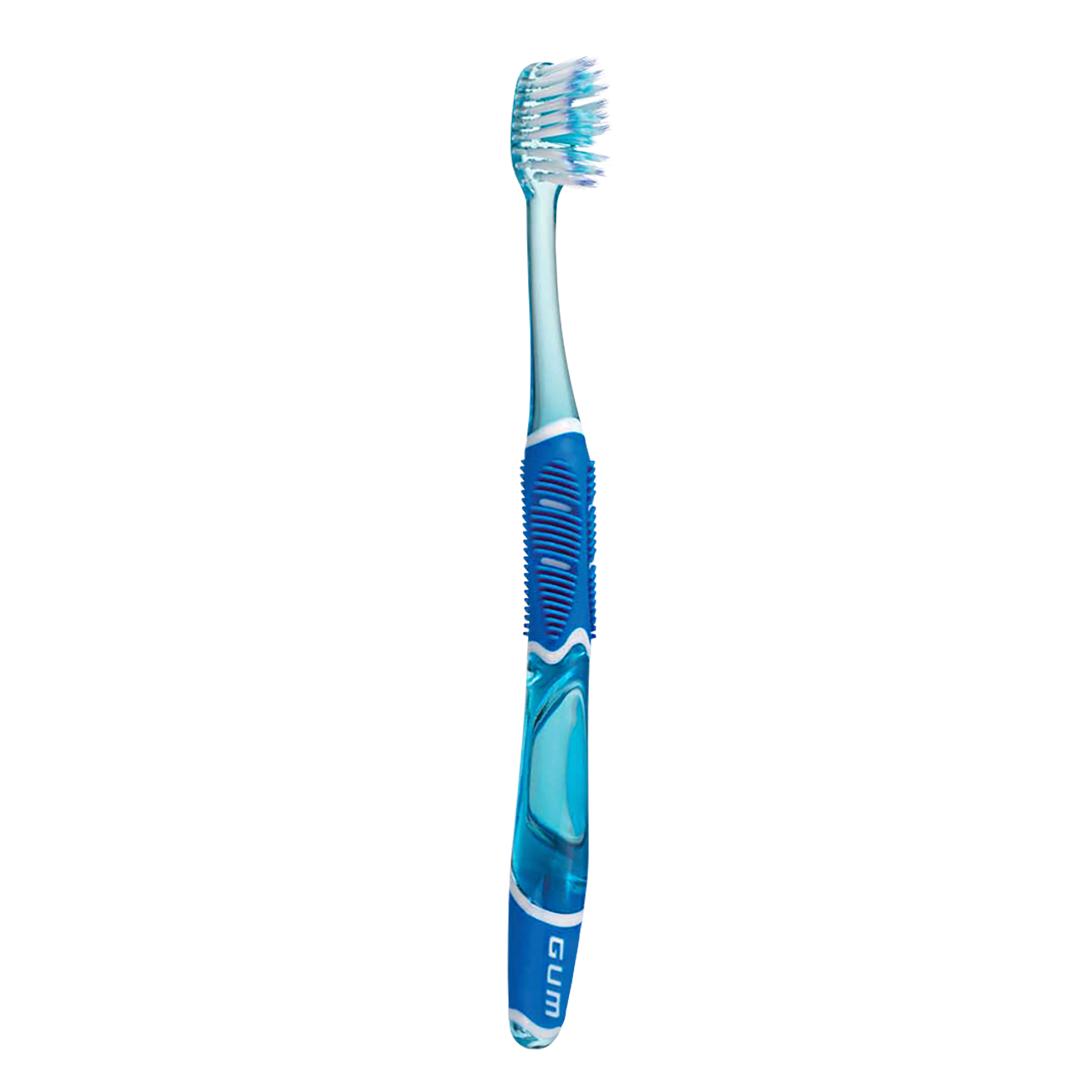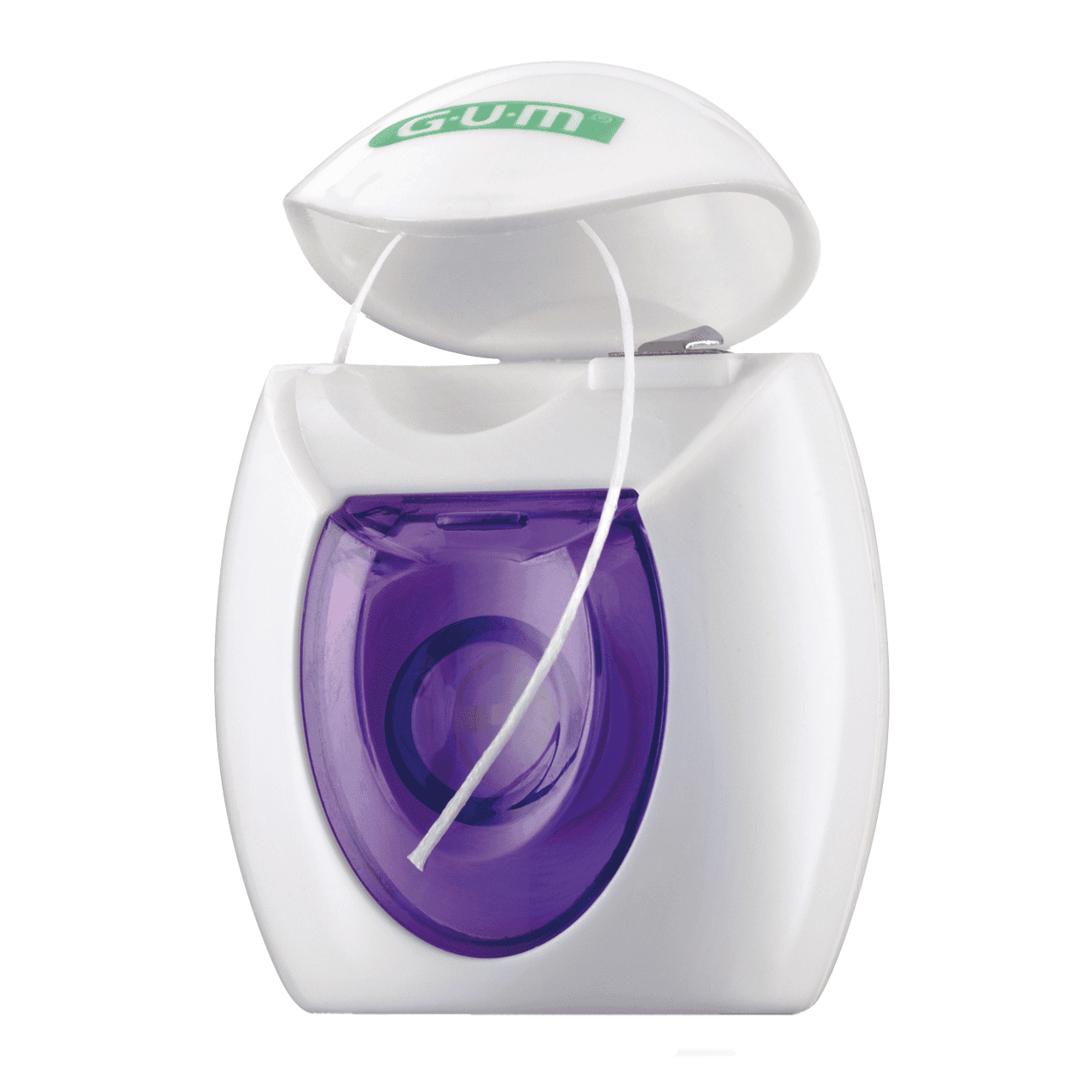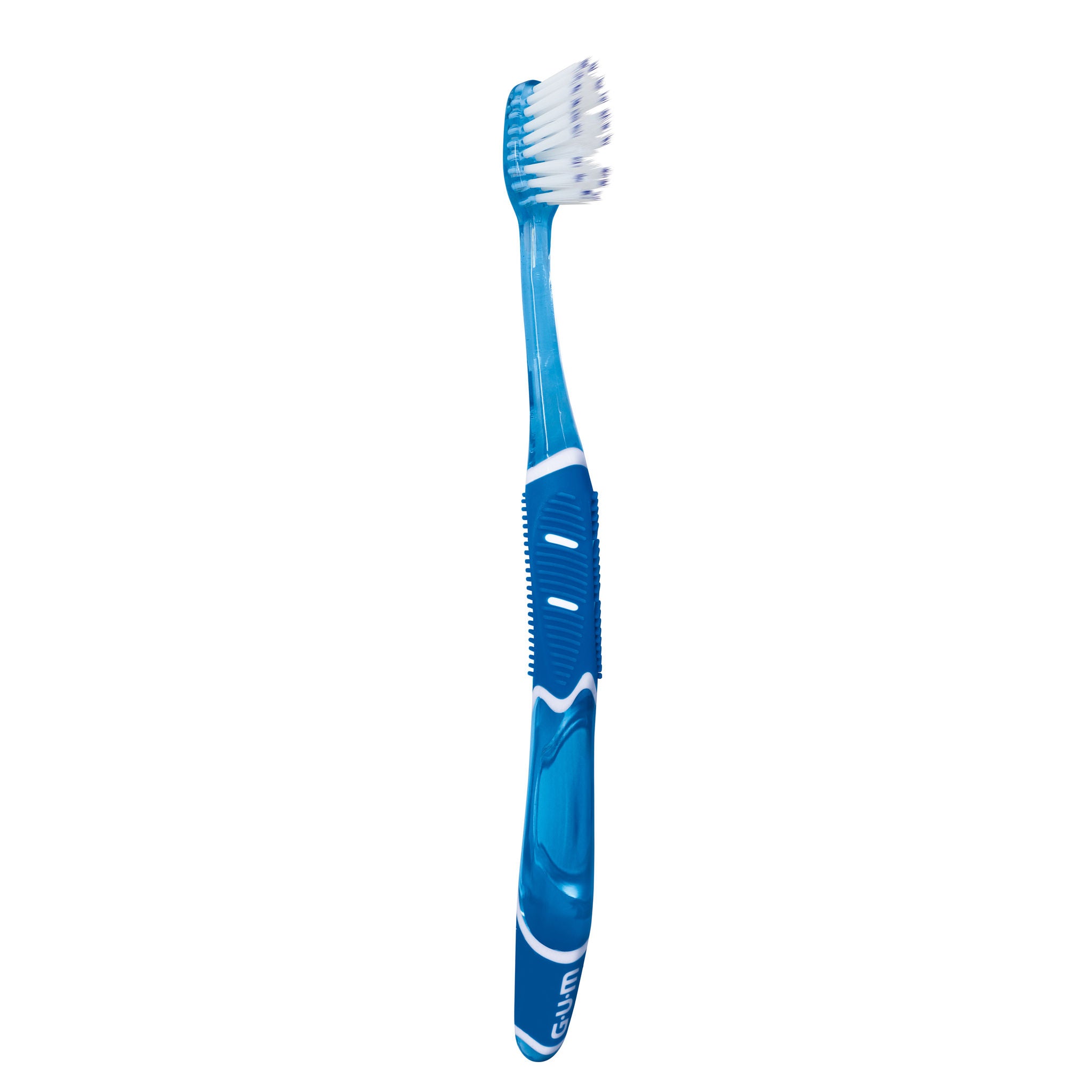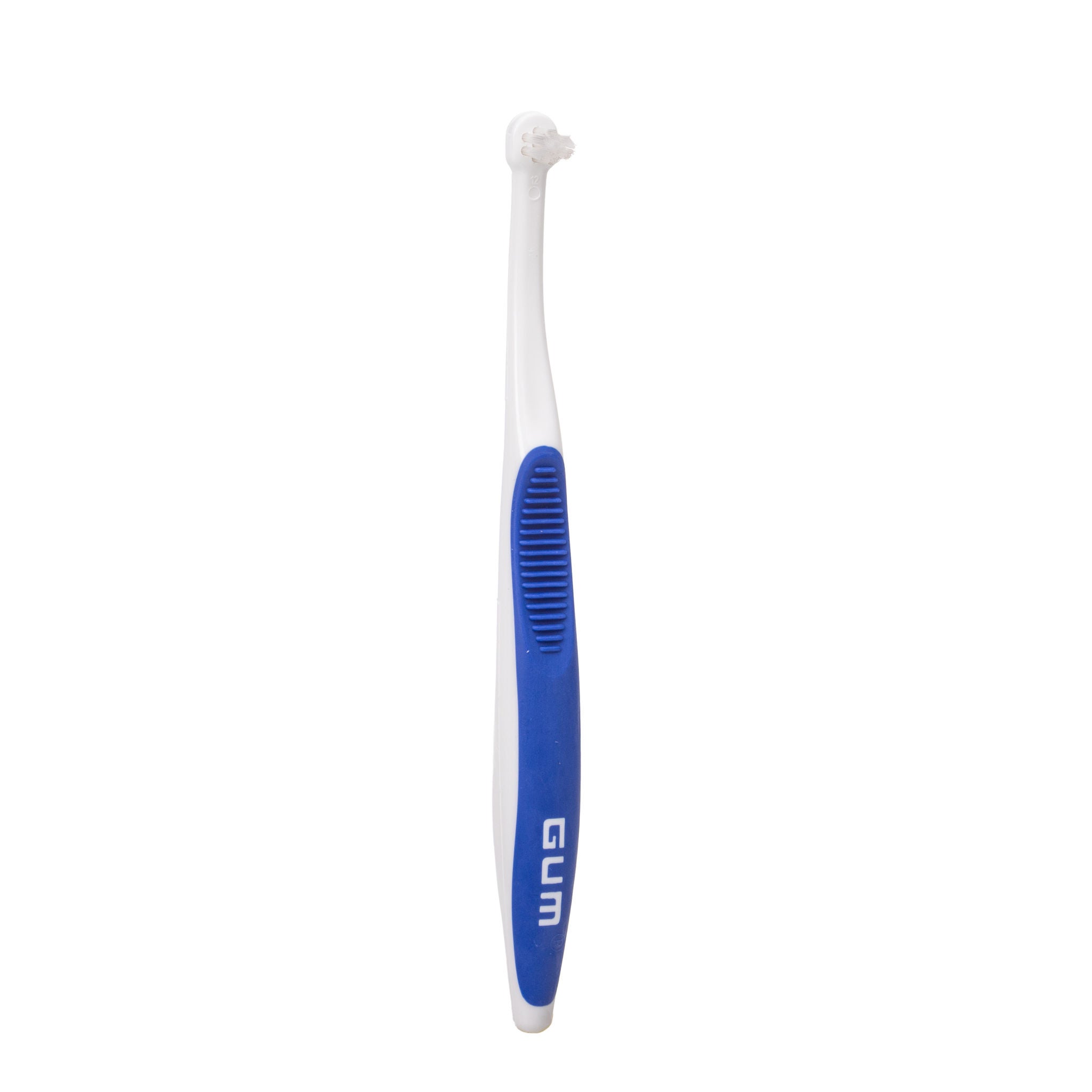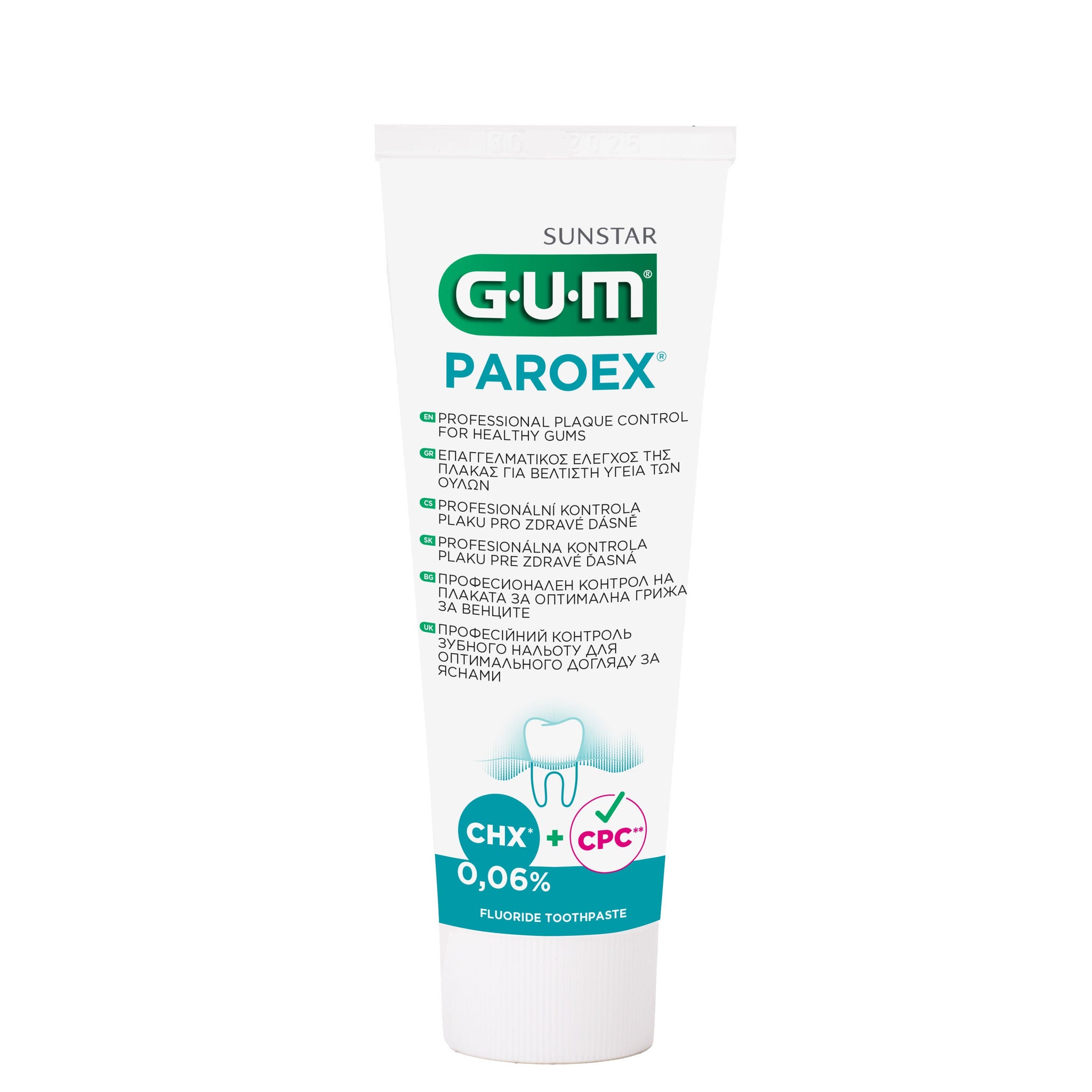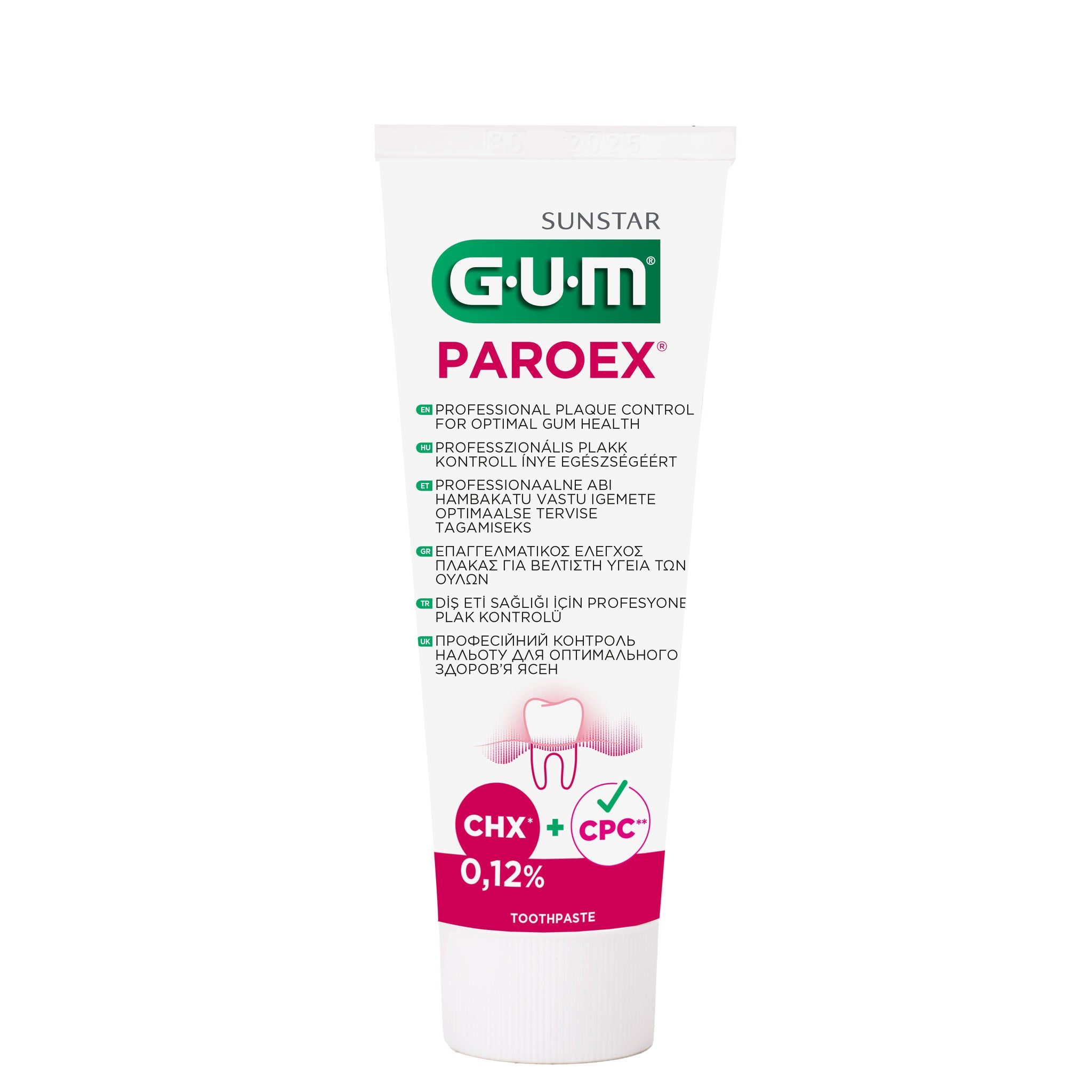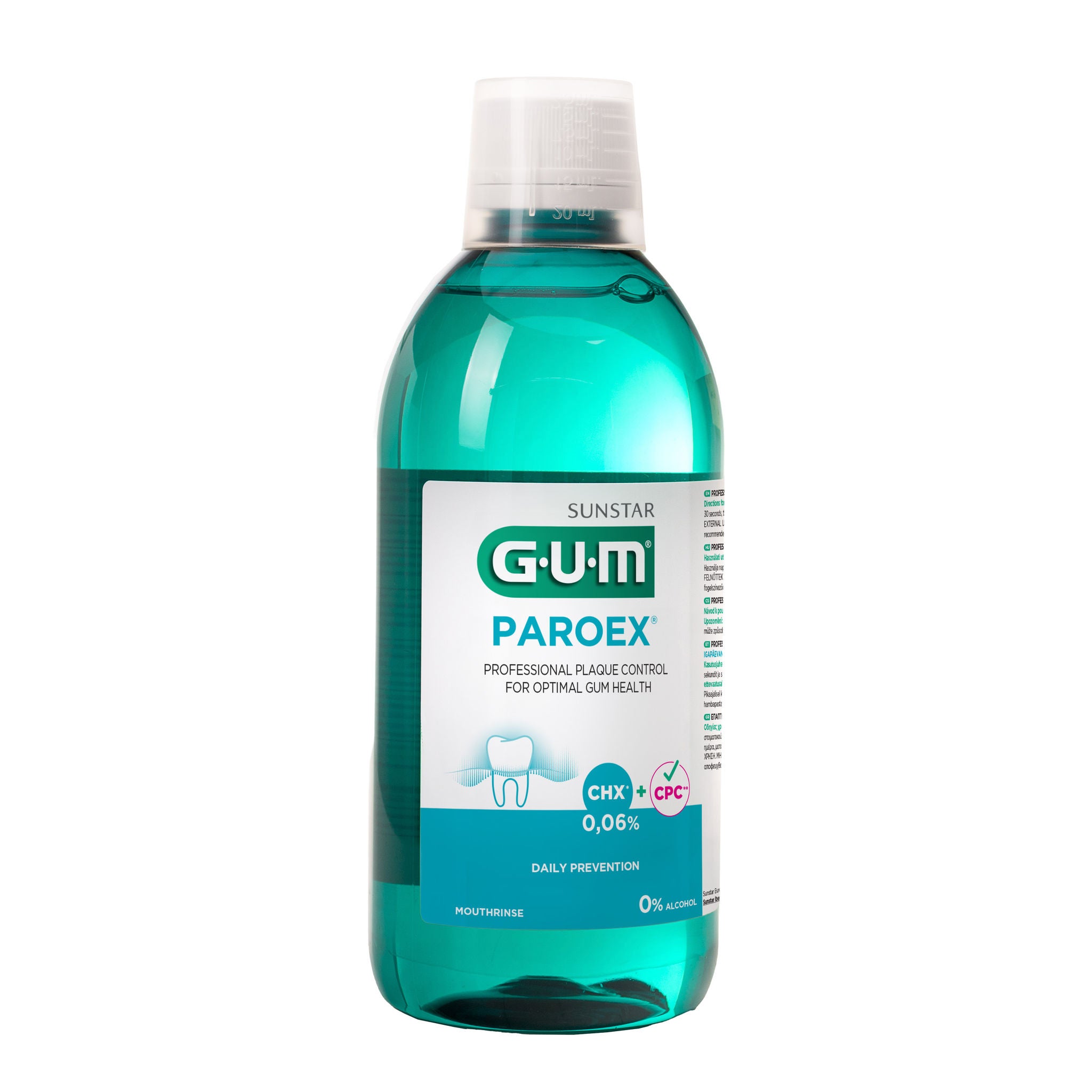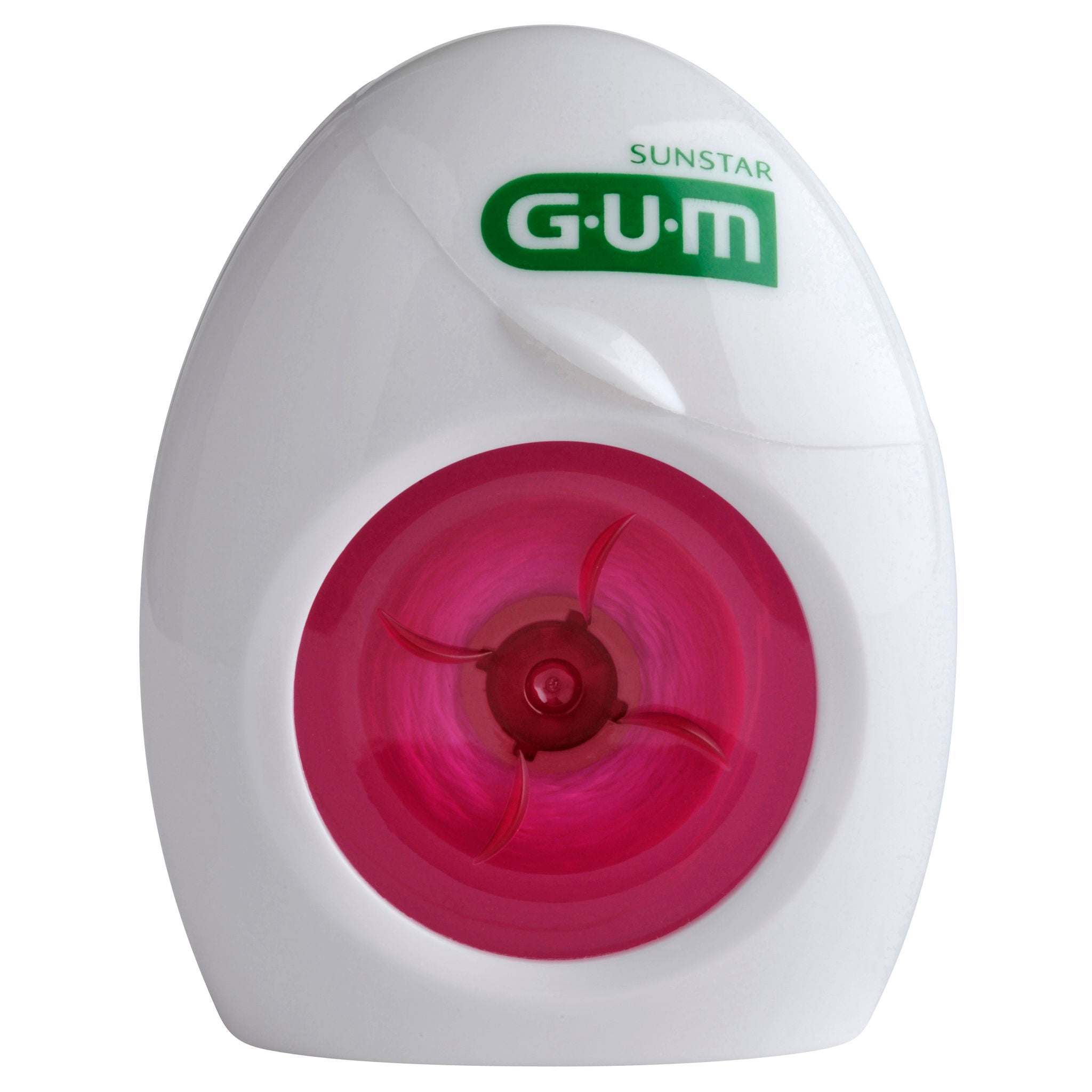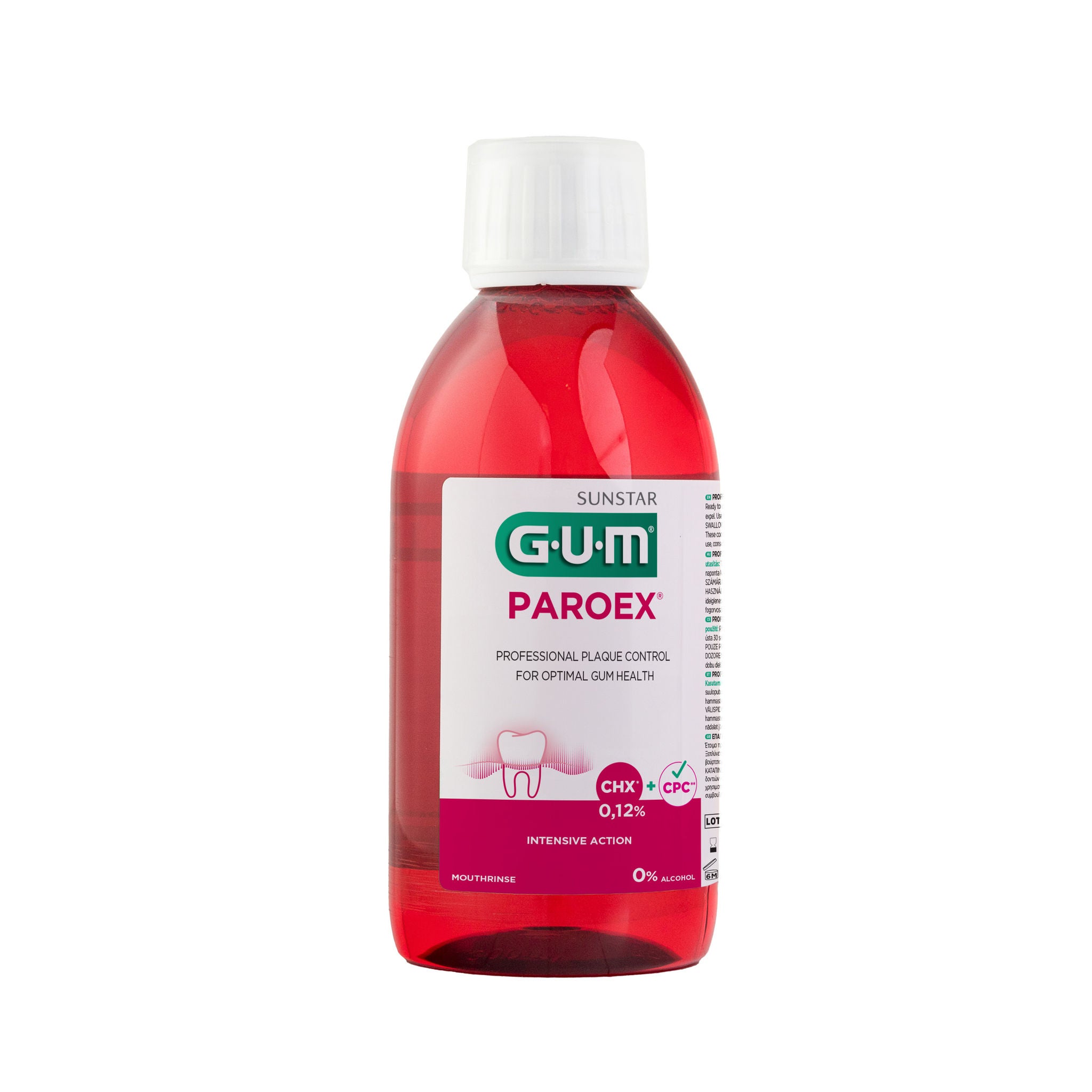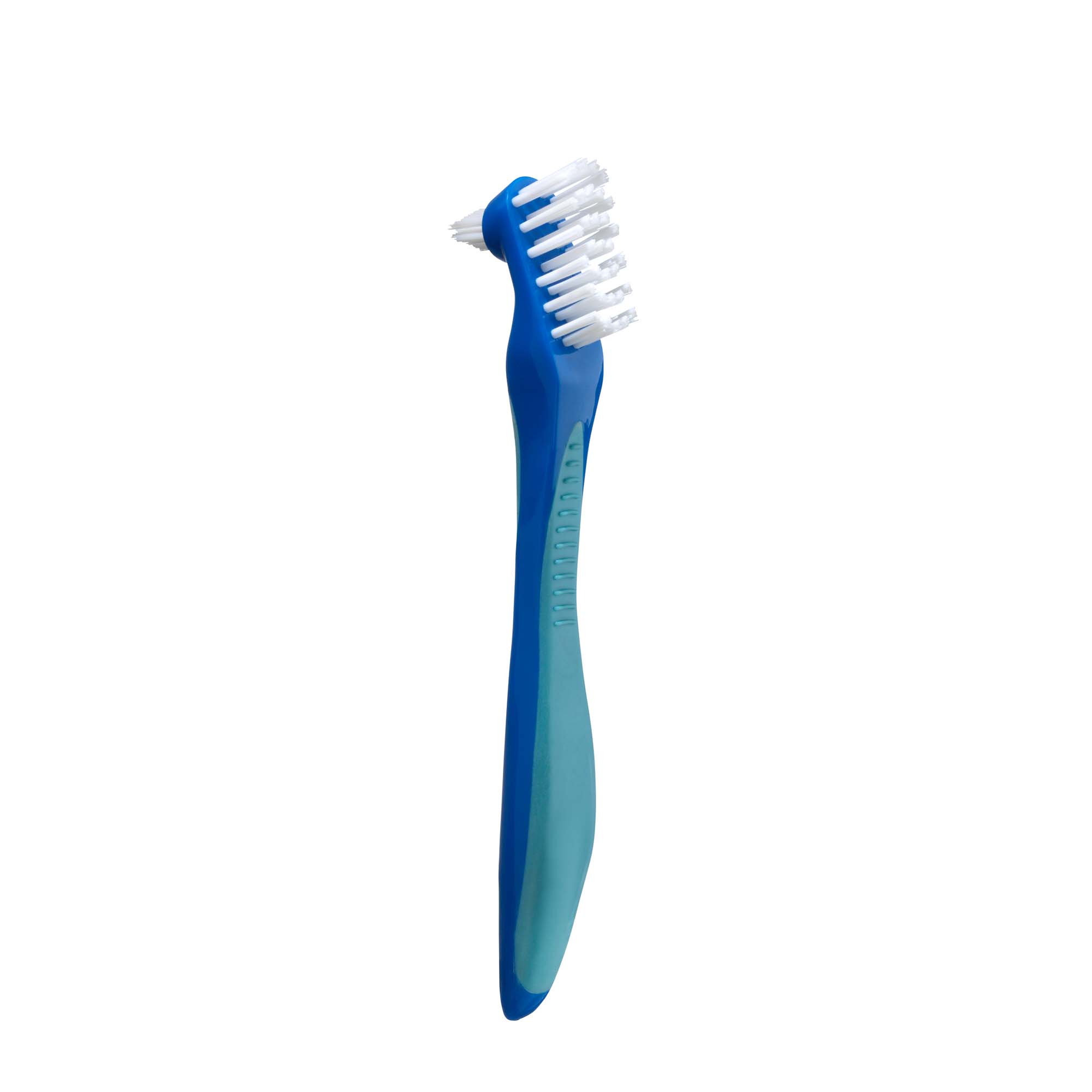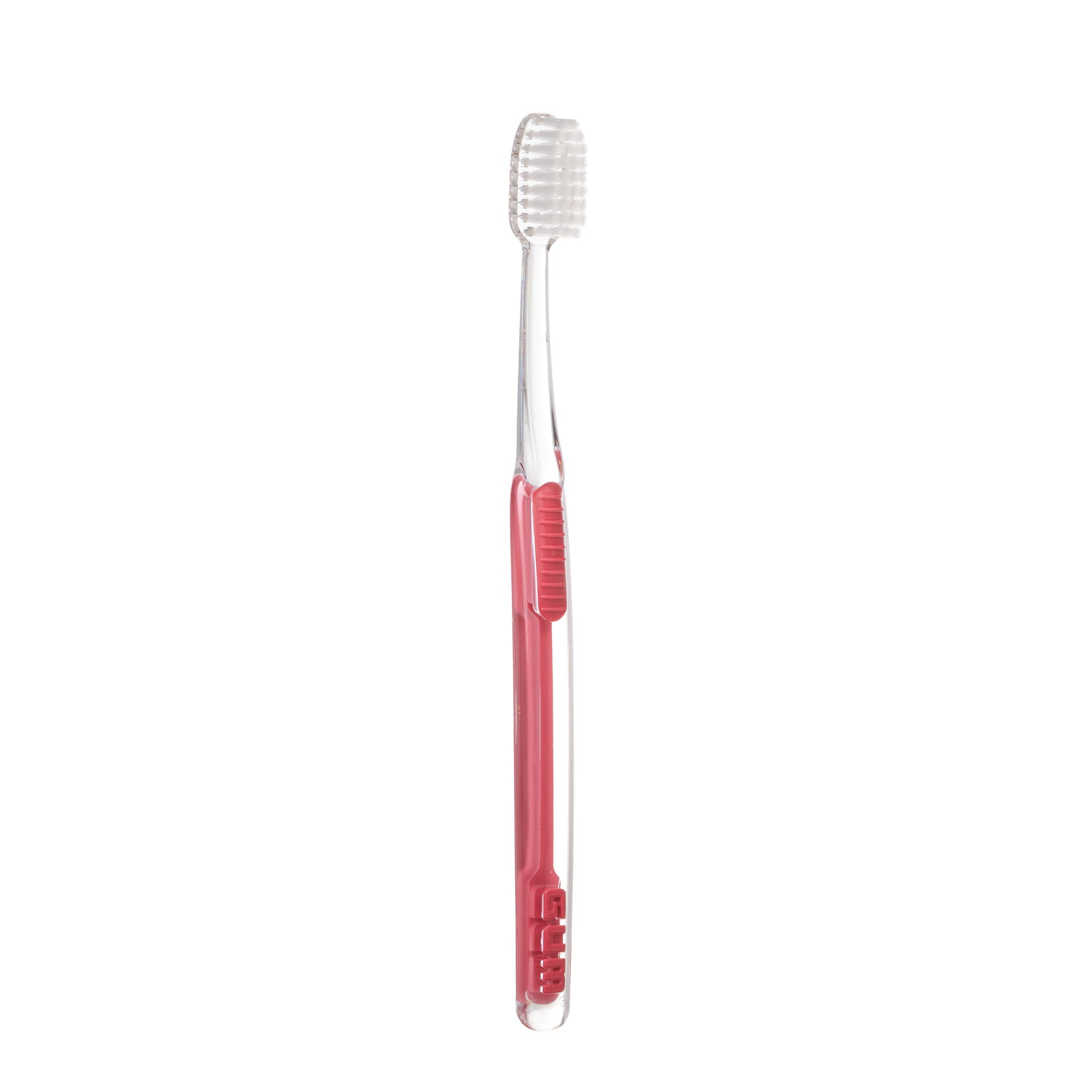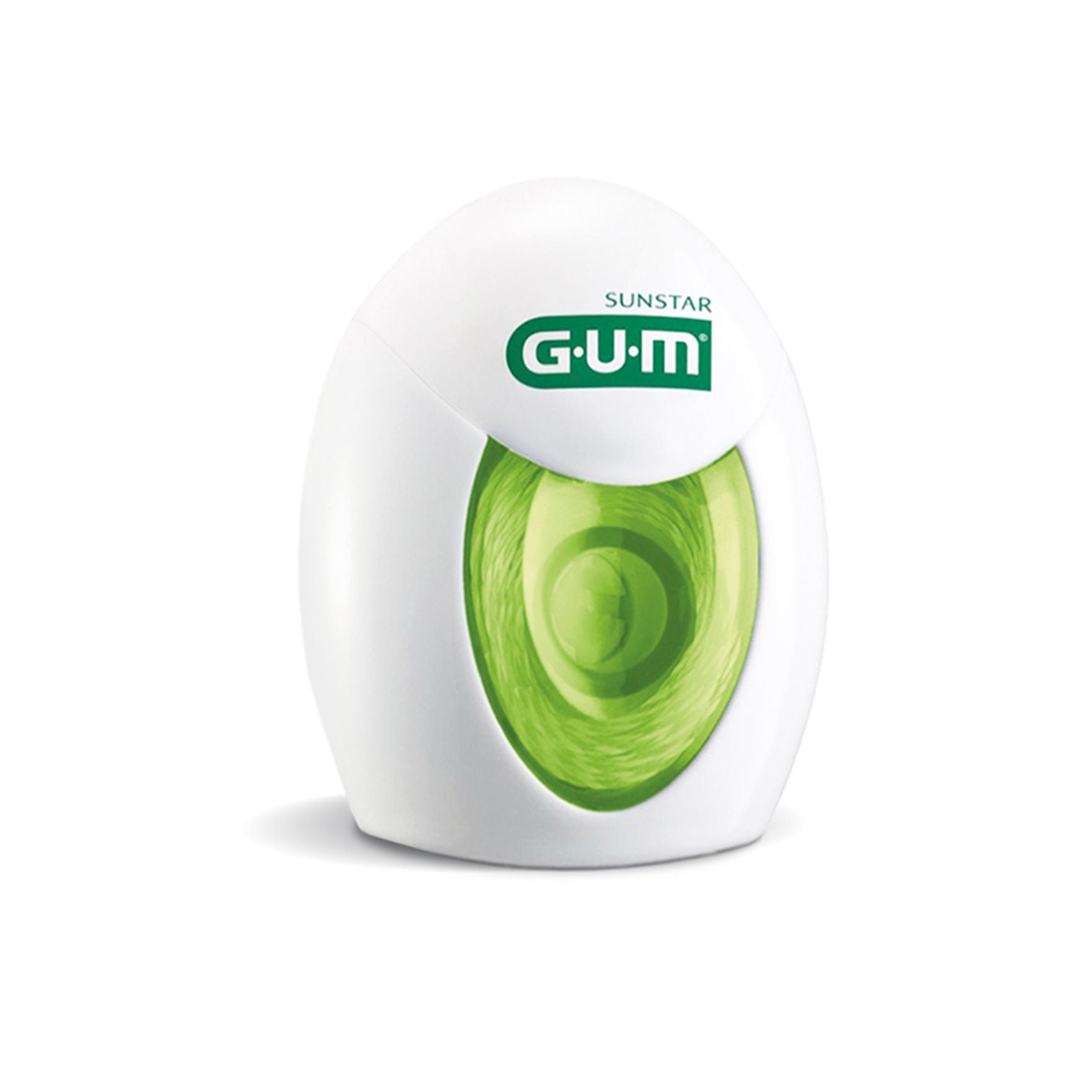What Are the Signs of Gum Disease?
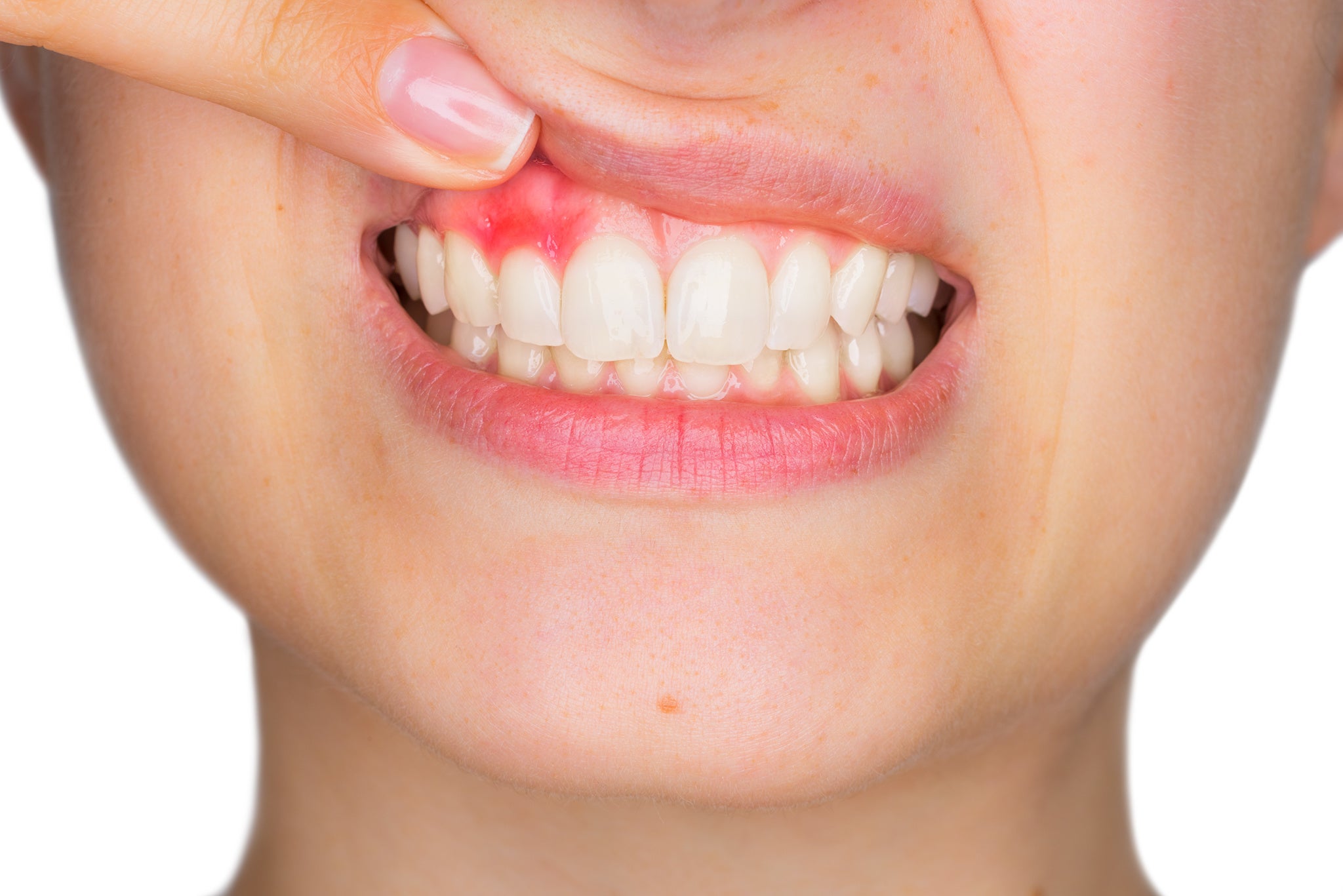
Gingivitis is the mildest form of gum disease, and it’s very common. The most common cause of gingivitis is poor oral hygiene. It occurs when bacteria build up on the surface of the teeth creating plaque. If plaque is not removed, it turns into tartar, leading to inflammation of the gum tissue.
If you’ve been diagnosed with gingivitis, don’t worry – it’s the most easily treated and reversible form of gum disease. The biggest change is creating a routine of good oral hygiene. The sooner you seek care from a dental professional, the better the chances of reversing damage from gingivitis and preventing its progression to periodontitis, which can result in irreversible damage such as tooth loss.
What causes gingivitis?
There are many different factors, including:
- Poor oral care habits
- An unhealthy diet
- Smoking
- Chewing tobacco
- Stress
- Orthodontic treatments
- Systemic diseases like Diabetes, Cancer, etc.
- Certain drugs (for high-blood pressure, chemotherapy, etc.)
What are the symptoms of gingivitis?
Gingivitis doesn’t usually cause any pain, so you will need to look out for other symptoms such as:
- Bleeding at the gum line
- Red or swollen gums
- Sensitivity
- Persistent bad breath
What are the symptoms of periodontitis?
Periodontitis is gum disease, but is more severe than gingivitis. It infects the gums and teeth, damages soft tissue and breaks down the bone in your mouth that keeps your teeth in place. As with gingivitis, it can be successfully treated with daily brushing and flossing, regular dental visits, and health products.
How can I avoid gingivitis?
You can protect yourself from gum disease by seeing your dentist twice a year and taking good care of your mouth, such as with an occasional deep cleaning. It means more than brushing your teeth every now and then instead, your care routine should include brushing and flossing to cleaning the spaces between your teeth.
With proper daily care, regular check-ups, and the right solutions, you’ll be well on your way to healthier teeth and gums. You’ll have better oral health, a healthier you and a stronger immune system.
Find out more about the mouth-body connection.
